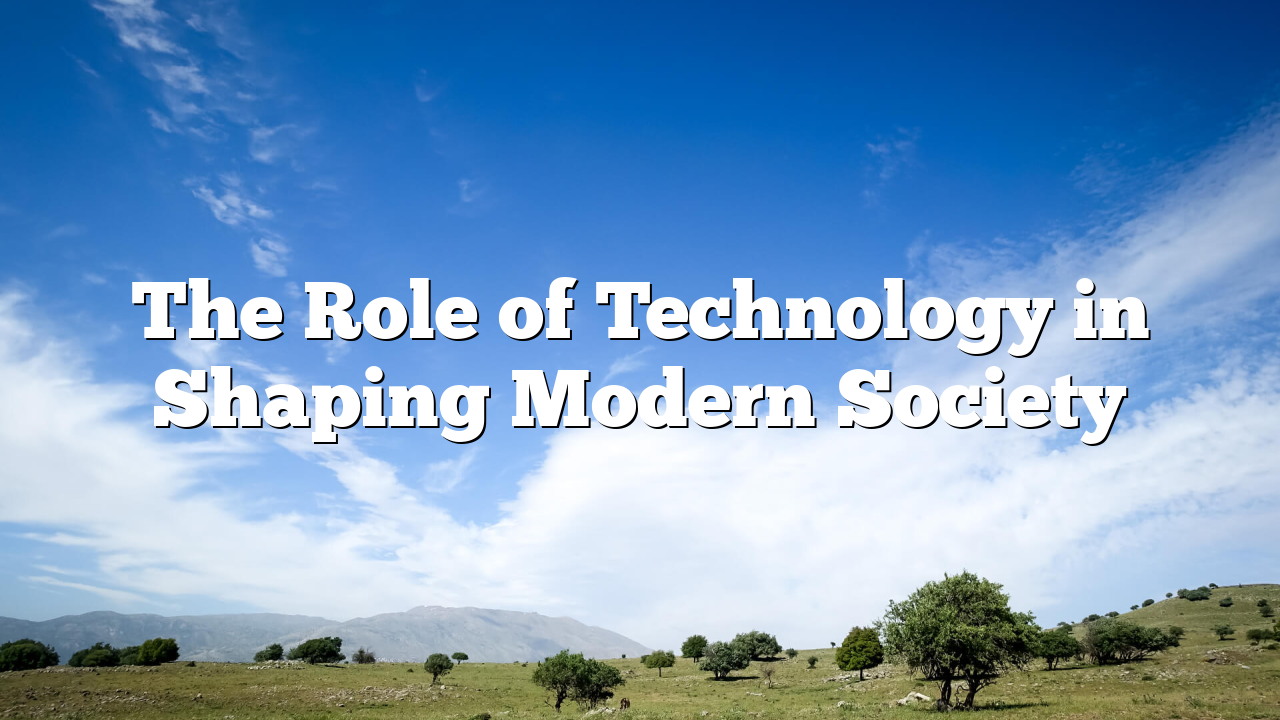Technology has become an inseparable part of human life, influencing the way people communicate, work, learn, and even think. From the invention of the wheel to the rise of artificial intelligence, technology has consistently shaped societies across history. In the 21st century, its impact is more profound kingindo127 than ever, creating both opportunities and challenges for individuals and nations alike.
One of the most significant contributions of technology is the transformation of communication. The internet, social media platforms, and instant messaging applications have made global connections possible within seconds. A person in Asia can hold a video call with someone in Europe without leaving their home. This has not only strengthened personal relationships across distances but also allowed businesses to expand internationally with greater ease. However, the speed of information exchange has also introduced issues such as misinformation, cyberbullying, and privacy concerns.
Education is another area that has been revolutionized by technology. Digital classrooms, online courses, and virtual learning platforms have made education accessible to millions who may not have had the opportunity otherwise. During the COVID-19 pandemic, technology played a critical role in keeping education systems functioning through remote learning. While these innovations created opportunities for flexible and self-paced study, they also highlighted the digital divide between those with reliable internet access and those without.
The business world has also been reshaped by technological innovations. Automation, artificial intelligence, and big data analytics are changing how companies operate. Businesses can now streamline production processes, predict consumer behavior, and enhance customer experiences. E-commerce platforms such as Amazon, Alibaba, and Tokopedia have changed consumer habits, offering convenience and variety with just a few clicks. Nevertheless, the rapid pace of change has raised concerns about job displacement, as machines increasingly take over tasks once performed by humans.
Healthcare is one of the sectors where technology has brought life-saving improvements. Medical devices, telemedicine, and digital health records have enhanced patient care and efficiency. Artificial intelligence can assist in diagnosing diseases, while wearable technology allows individuals to monitor their own health in real time. Despite these advancements, ethical questions remain regarding data privacy and the reliance on algorithms for critical medical decisions.
On a broader scale, technology has also influenced global challenges such as climate change. Renewable energy technologies, smart grids, and electric vehicles are efforts to reduce carbon emissions and build a more sustainable future. At the same time, the production of electronic devices and the energy consumption of data centers raise questions about technology’s own environmental footprint.
While technology presents countless benefits, it also creates responsibilities for governments, companies, and individuals. Regulations are needed to ensure ethical use of innovations such as artificial intelligence, while education systems must prepare the workforce for new digital demands. Equally important is the need for individuals to develop digital literacy skills to navigate the complexities of modern life.
In conclusion, technology is a powerful tool that continues to shape every aspect of society. It has the potential to improve lives, promote equality, and solve pressing global issues. Yet, if not managed responsibly, it can also deepen inequalities and create new risks. The challenge for the modern world lies not only in developing advanced technologies but also in using them wisely for the benefit of humanity.
